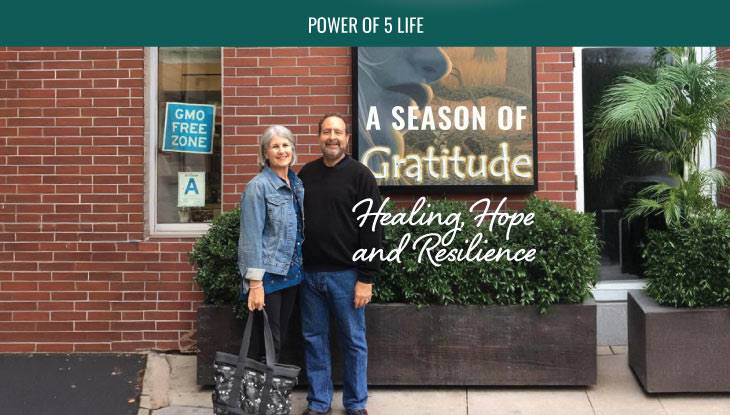Stressed or Not Stressed?
We all feel stress. It is part of our busy lives. But what is it, really? How does it affect you and your health? Dr. Bernstein addresses stress extensively in his book The Power of 5, The Ultimate Formula for Longevity and Remaining Youthful.
Realize, stress affects everyone. How our brain and body handle a stressful situation varies depending on the type of stressors that are encountered. Thanks to the work of our the Sympathetic Nervous System, the so-called “flight or fight” system takes over when we’re stressed emotionally or physically. This system allows our body to respond quickly to a stressful situation. Stressors are two-fold; Routine Stress such as work, school, children, family, or more Traumatic Stress in the case of major life changes, traumatic life events, physical injury, or illness.
As we know, not all stress is bad. It can be a motivator for us to perform better; like when we have to speak in public to an audience of 300, meet a work deadline, juggle a tight family schedule or interview for a new job. Stress also prepares our body in dangerous situations, gearing us up to face a threat with felt physical responses. Our pulse quickens, respiration (breathing) increases, and muscles may tense – all these reactions aimed at survival.
Prolonged stress can harm our health. It results in the release of chemicals, such as Adrenaline, Norepinephrine and Cortisol that have different effects in your body. They modulate the stress responses, which help us to cope, however, over time, they can lead to health issues. With increased worry and stress about something, the body continuously releases cortisol. Then, if it reaches chronically elevated levels, can suppress the immune system, increase blood pressure and blood sugar, decrease libido, produce acne, and contribute to obesity. All of these ultimately result in an inflammatory response, a contributor to the development of neurodegenerative diseases, cardiovascular disease, and cancers.
How can we reduce stress to achieve balance and peace?
It takes intention and introspection.
Recognizing the signs you’re experiencing emotionally and/or physically when stressed is the first step. Start a personal notebook to document and monitor your journey.
Exercise is essential.
The best anti-depressant ever studied is exercise. Just 30 minutes of walking a day can help to relieve stress and elevate your mood. Increasing to 45 or 60 minutes has the added benefit of helping with weight control, maintaining healthy bones, muscles and joints, while reducing the risk of developing high blood pressure. Extensive information about exercise is presented in the SWEAT section of The Power of 5.
Relaxation programs are a big help.
Explore a relaxation program that promotes stress reduction and coping. Meditation, Yoga, Tai Chi, Brain-Body Integration Exercises, Pilates or gentle stretching are examples. Find the one that best suits you and your lifestyle. Recently we have had very favorable responses to incorporating Tai Chi in our weekly routine. Try it yourself!
Establish realistic goals for yourself.
Baby steps … set small goals that can be obtained (and won’t stress you out)! Start a journal to identify stressors, then take the top three and set some daily tasks to work toward your goal. Add to them as you gain your sense of calm. Note which stress reduction activities are working and which are not and adjust. Focus on things that are helping and learn to say “no” to unnecessary things that will increase stress.
Stay connected.
Keep in close contact with your circle of friends and family – those who are your cheerleaders and support system. Get involved in community and religious organizations as well.
If you are overwhelmed with stress, having unwanted thoughts, or using alcohol or drugs to cope, reach out to professionals for help. You can start with your physician who could make referral recommendations.
Power of 5 Pointers – STRESS
1. Stress affects chemical processes in the human body leading to inflammation and premature aging.
2. Stress has the same negative effect on your body as does smoking and obesity.
3. Stress, along with the chemical changes and inflammation that result, have been considered as possible contributors to neurodegenerative diseases such as Alzheimer’s disease, Parkinson’s disease, arthritis, diabetes and coronary artery disease.
4. Addressing lifestyle concerns will reduce stress and the negative impact on our health.
5. Techniques such as meditation, relaxation response, and exercise can offset the negative effects of stress.
Below is a nice informational snapshot provided by the ADAA (Anxiety & Depression Assoc of Am) on how to deal with stress and anxiety.

To a Long, Healthy and “Stress-free” Life,
Melissa & Dr. Bernstein



